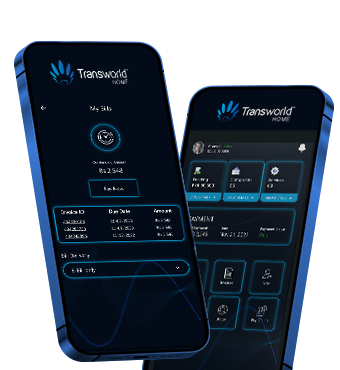How to Choose the Right Internet for Your Home and Business

In today’s digital age, having a reliable and fast internet connection is essential for both personal and professional use. With so many internet service providers (ISPs) to choose from, it can be overwhelming to determine which one is the best fit for your needs. In this article, we’ll discuss how to choose the right internet for your home and business, taking into consideration factors such as speed, reliability, and cost.
Understanding Your Internet Needs
Before diving into the different ISPs available, it’s important to understand your internet needs. Consider the following questions:
- How many devices will be connected to the internet?
- What activities will you be using the internet for (e.g. streaming, gaming, video conferencing)?
- How many people will be using the internet at the same time?
- Do you need a static IP address for your business?
Having a clear understanding of your internet needs will help you narrow down your options and choose the right ISP.
Internet Speed
Internet speed is one of the most important factors to consider when choosing an ISP. The speed of your internet connection will determine how quickly you can download and upload data, as well as how smoothly you can stream videos and play online games.
For personal use, a download speed of at least 25 Mbps is recommended for streaming and browsing the internet. However, if you have multiple people in your household who will be using the internet at the same time, you may want to consider a higher speed plan.
For businesses, internet speed is even more crucial. A slow internet connection can hinder productivity and cause frustration for employees. Depending on the size of your business and the activities you’ll be using the internet for, you may need a download speed of 100 Mbps or more.
Reliability and Customer Service
When it comes to internet service, reliability is key. You want an ISP that can provide a consistent and stable connection, with minimal downtime. Research the reliability and customer service ratings of different ISPs in your area to ensure you choose one that can meet your needs.
Cost
Cost is another important factor to consider when choosing an ISP. While it may be tempting to go for the cheapest option, keep in mind that a lower price may also mean slower speeds and less reliable service. On the other hand, a more expensive plan may offer faster speeds and better customer service.
Consider your budget and the features you need when comparing prices of different ISPs. Keep in mind that some ISPs may offer bundle deals with other services such as cable or phone, which could save you money in the long run.
Researching ISPs in Your Area
Once you have a clear understanding of your internet needs, it’s time to research the ISPs available in your area. Here are some tips to help you find the best options:
Check Availability
Not all ISPs are available in every area. Use online tools or contact the ISPs directly to see if they offer service in your location.
Read Reviews
Reading reviews from current and past customers can give you valuable insights into the reliability and customer service of different ISPs. Look for reviews on independent websites, as well as on the ISPs’ websites.
Compare Plans and Prices
Take the time to compare the plans and prices of different ISPs. Consider the speed, reliability, and customer service ratings, as well as any additional features or bundle deals.
Ask for Recommendations
If you know people in your area who have a reliable internet connection, ask them which ISP they use and if they would recommend it. Personal recommendations can be a great way to find a reliable ISP.








